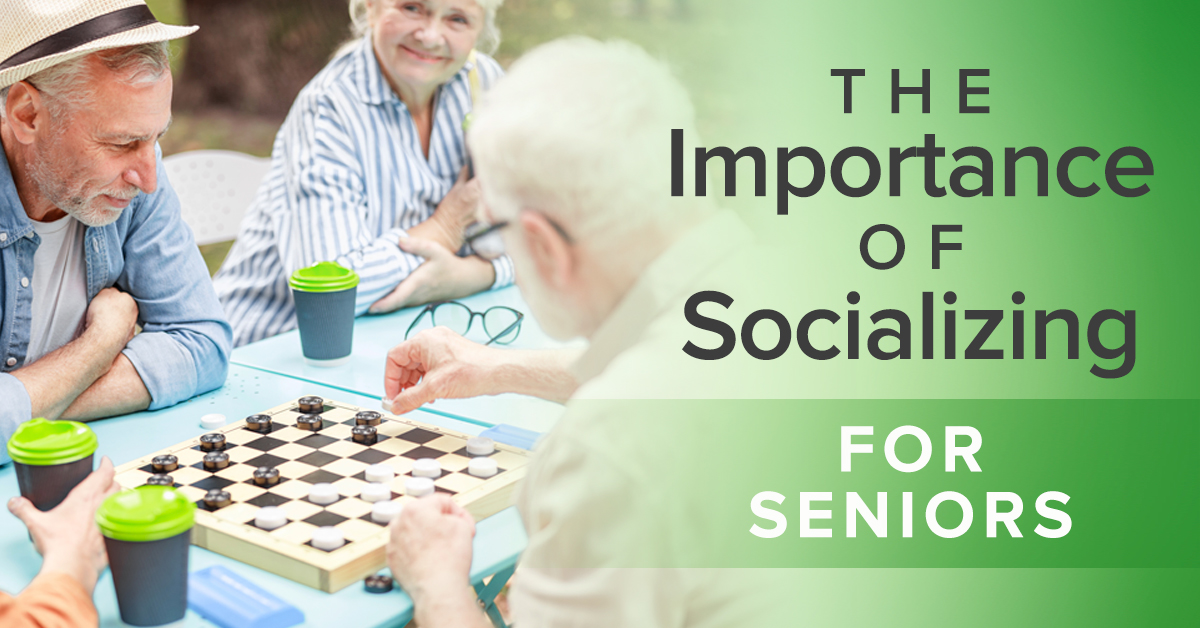Whether it’s playing a game of Scrabble with a grandchild or enjoying lunch with a best friend, there’s just something special about being around people you love.
“Socialization is important at any age, but it’s critical for older adults – especially for those who live alone,” said Sierra Goetz, co-founder and operations manager for Tudor Oaks Home Care’s partner, the HomeCare Advocacy Network (HCAN). “Research shows spending time with family and friends can boost a senior’s quality of life – including their physical and mental health.”
There are a number of important ways that socialization can improve a senior’s health and well-being, including:
- Slowed cognitive decline
According to the Alzheimer’s Association, remaining socially active may support brain health and delay the onset of dementia.
- Reduced stress
Older adults who are socially active tend to handle stress better, which reduces the risk of anxiety, heart disease, depression, obesity, gastrointestinal issues and other chronic conditions.
- Improved fitness
Being with others encourages movement, which improves health and prevents a sedentary lifestyle.
- Improved mental health
Isolation and loneliness may lead to feelings of despair or worthlessness. Socialization prevents these depressive situations and allows people to feel loved and valued.
- Longer lifespan
High levels of socialization can help increase longevity.
- Greater self-esteem and sense of purpose
Having a reason to get up in the morning can do wonders for energy and mood – helping seniors feel like their lives have purpose. Spending time with those we care about reminds us that life is worthwhile.
- Improved coping skills
An aching back, creaking knees and other aging challenges are a whole lot easier to deal with when you share them with friends.
“Active living is critical to a senior’s ability to maintain their independence as well as their overall health and well-being. However, we know that time and distance may prevent friends and family members from spending as much time with older loved ones as they would like,” Goetz said. “We can help. At HCAN, companion care is one of our most popular services. Our caregivers spend time helping clients with favorite hobbies, taking them on outings, engaging in friendly conversation or watching an old episode of Gunsmoke. These simple activities can be a lifeline for seniors who are at risk of isolation and depression.”
For information about HCAN’s companion care and other services, contact Tudor Oaks Home Care.
